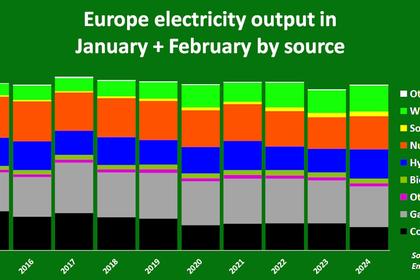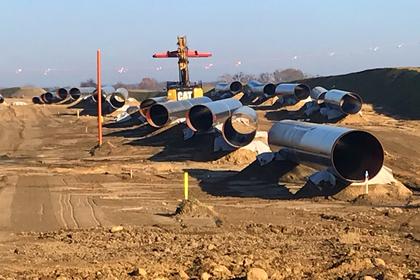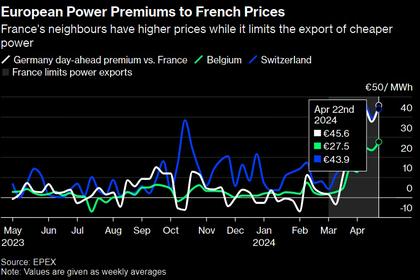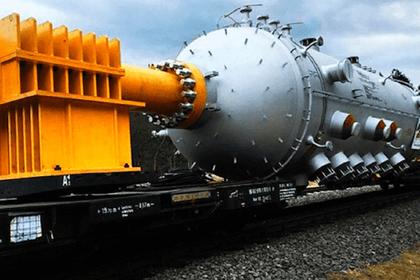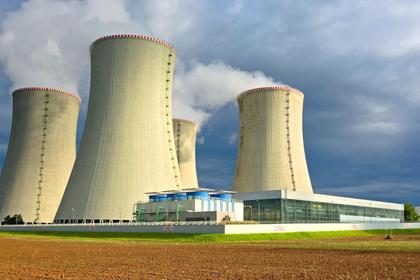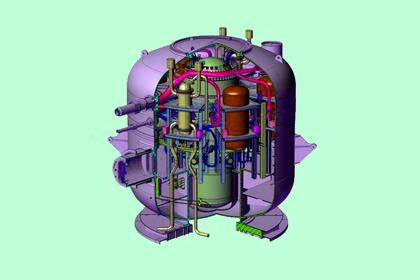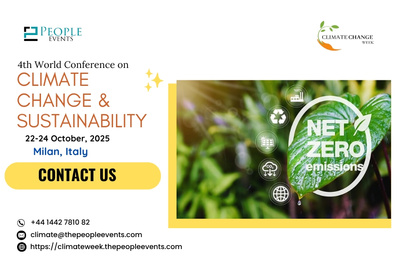
SWITZERLAND CLEAN ENERGY
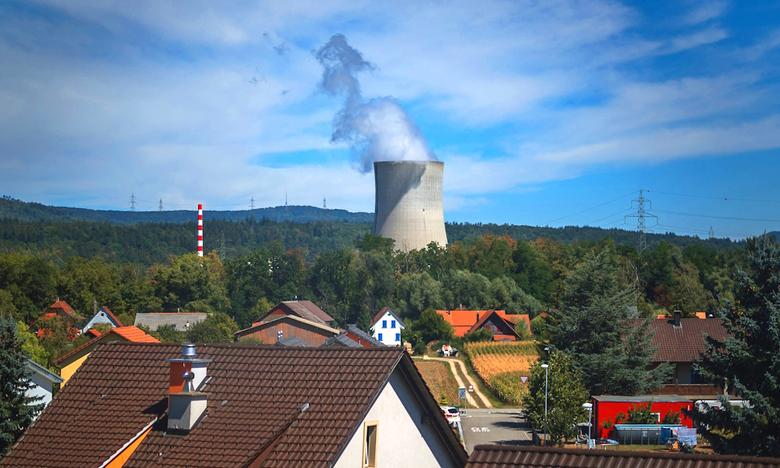
WNN - 29 August 2024 - The Swiss government has said it will seek to lift the country's ban on the construction of new nuclear power plants, which has been in place since 1 January 2018. It said all clean energy sources will be needed to meet expected electricity demand while also meeting climate targets.
Switzerland currently has four nuclear reactors generating about one-third of its electricity. They all have an unlimited operating licence and can be operated as long as they are safe.
A new Swiss energy policy was sought in response to the March 2011 accident at the Fukushima Daiichi plant in Japan. Two months later, both the Swiss parliament and government decided to exit nuclear power production. The Energy Strategy 2050 initiative drawn up by the Federal Council came into force in 2018 and calls for a gradual withdrawal from nuclear energy. It also foresees expanded use of renewables and hydro power but anticipates increased reliance on fossil fuels and electricity imports as an interim measure.
The Federal Council notes that "in recent years, the situation on the electricity market and in energy policy has changed fundamentally" due to: climate targets and electricity demand; new gas-fired power plants no longer being an option; and geopolitical uncertainties.
On 19 March this year, the federal popular initiative Electricity For Everyone At All Times (Stop Blackouts) was passed. The federal constitution now stipulates that the electricity supply must be guaranteed at all times and that the federal government should determine the necessary responsibilities for this. Furthermore, electricity production should be environmentally and climate-friendly and all climate-friendly types of electricity generation should be permitted. Acceptance of the initiative would mean a new division of tasks between the federal government and the cantons and the lifting of the ban on the construction of new nuclear power plants.
The Federal Act on a Secure Electricity Supply with Renewable Energies was adopted on 9 June. The Federal Council said it "shares the initiative committee's position that technological openness is a prerequisite for being able to meet the increasing electricity demand in a climate-friendly, safe and reliable manner in the long term".
It added: "If the nuclear power plants are shut down at some point, the lost electricity will have to be compensated for by other domestic production plants. It is unclear whether the expansion of renewable energies will be rapid enough to cover the lost capacity and the increasing electricity demand in a timely manner.
"In the interests of responsible planning of electricity supply security, the Federal Council is therefore striving for technological openness. The existing ban on building new nuclear power plants is incompatible with the goal of technological openness and also entails risks for the dismantling of existing plants."
It notes that Switzerland's Federal Constitution already stipulates a broad energy supply. "Therefore, lifting the ban on building new nuclear power plants does not require a constitutional amendment. An adjustment at the legislative level is sufficient."
The Federal Department of Energy and Communications will submit an amendment to the Nuclear Energy Act to the Federal Council by the end of 2024, and the consultation will last until the end of March 2025. Parliament will then discuss the initiative and the counter-proposal.
"We are not saying that in 10 years there will be a new power plant," Energy Minister Albert Rosti told a press conference, AFP reported. "But we are responsible for leaving the door open to all possible technologies." He stressed that if the process was not initiated now, it will "perhaps be too late in 20 years".
"The lifting of the ban on new construction is long overdue and a step towards greater technological openness," said Swiss Nuclear Forum President Hans-Ulrich Bigler. "It gives Switzerland more room for maneuver in terms of security of supply and climate protection."
However, the organisation said the lifting of the ban alone "is not enough". It said the licensing regime for nuclear power plants must also be simplified as the current multi-stage process creates legal uncertainty and high additional costs. "Simplifying the licensing regime would make nuclear power plants much more attractive in this country."
It added: "Lifting the ban on new construction also supports the long-term operation of existing nuclear power plants, as intact supply chains are maintained and investments in training and research continue."
-----
Earlier:
